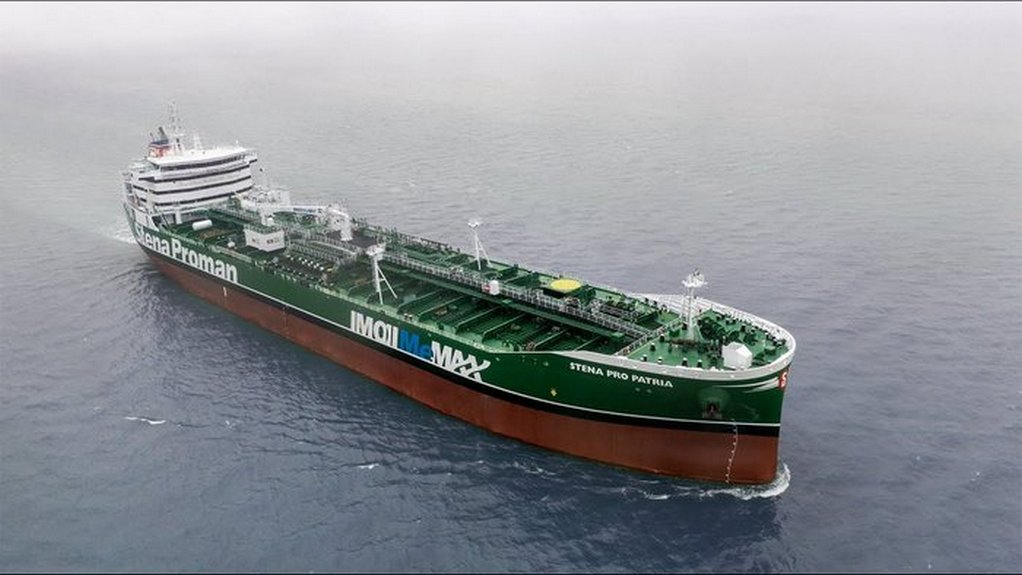Proman Stena Bulk, a joint venture between Sweden-based tanker firm Stena Bulk and Swiss methanol producer Proman, officially launched its sixth methanol-fueled joint venture chemical tanker in Singapore.
The 49,900-deadweight tonnage (DWT) vessel called Stena Prosperous will be bunkered with a 20:80 green methanol and conventional methanol blend, they said in a joint statement.
The fuel blend used by the vessel delivers carbon dioxide equivalent (CO2e) savings of 31% compared with a ship that runs on Very Low Sulphur Fuel Oil (VLSFO), with lower emissions of particulate matter (PM), sulphur oxides (SOx), and nitrogen oxides (NOx).
Stena Prosperous is the last of six vessels in Proman Stena Bulk’s joint venture fleet of methanol-fueled tankers order placed in 2019, with the first ship delivered in June 2022.
All six vessels running on methanol are now in commercial operation, with two on long-term time-charter.
The fleet is currently crewed and operated by Stena Sphere company Northern Marine Group, which has highlighted that technical similarities of the tankers to conventionally fueled vessels mean they do not require a completely new set of operating procedures.
Using methanol instead of conventional marine fuels virtually eliminates particulate matter and SOx, and cuts NOx by up to 80% during combustion.
Technologies such as carbon capture, storage and utilization used in the production process cut emissions further, and green methanol produced from biogas can bring more than 90% greenhouse gas (GHG) emissions savings.
Tags: Chemical Tanker, Methanol, Proman Stena, VLSFO



Recent Posts
New Report Highlights Potential of Voluntary Insetting to Support Maritime Decarbonisation, Calls for Robust Safeguards
Smart Ship Hub achieves industry first with ABS emission reporting
Henkel Rolls Out India’s First Mid-Haul Re-Powered Electric Trucks for Commercial Logistics
Sustainability in Focus at 11th SIAM Automotive Logistics Conclave in New Delhi
L&T Energy GreenTech to Establish India’s Largest Green Hydrogen Plant
JK Srivastava Group and Hynfra Announce $4 Billion Green Ammonia Project in Andhra Pradesh
Andhra Pradesh Unveils Ambitious Green Hydrogen Valley Plan to Lead India’s Energy Transition
South Africa advances plans to decarbonize shipping sector